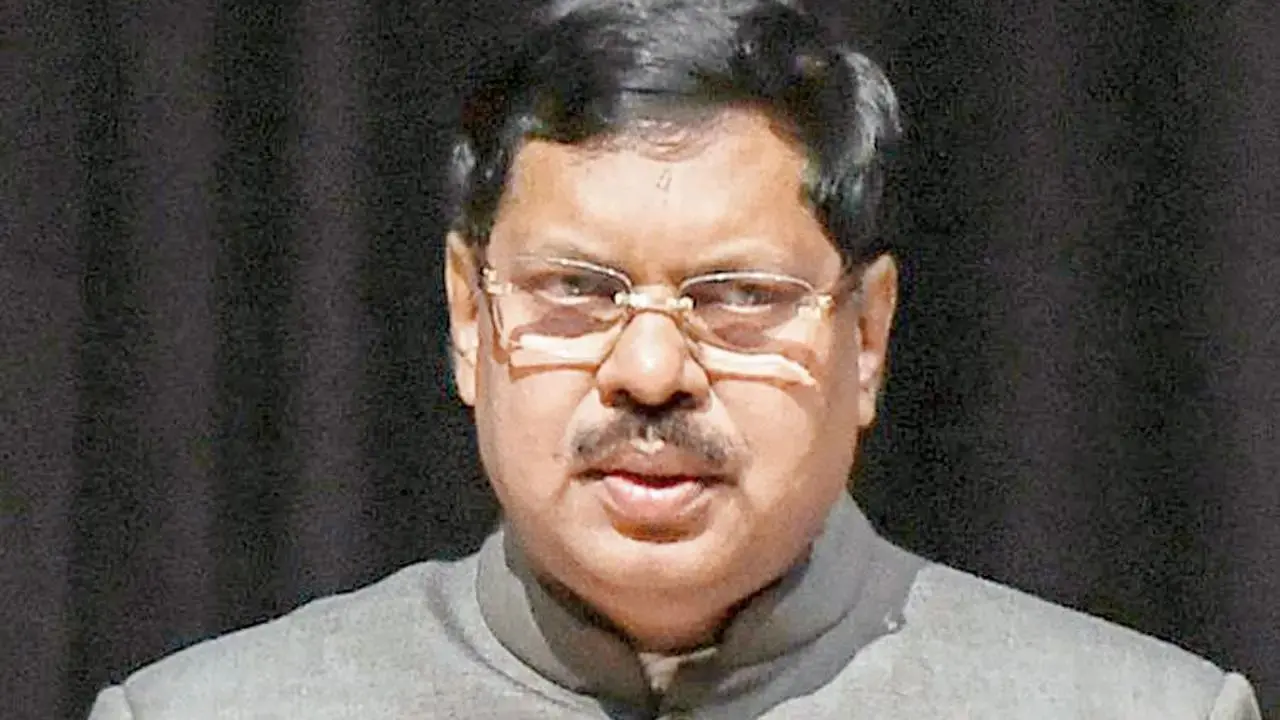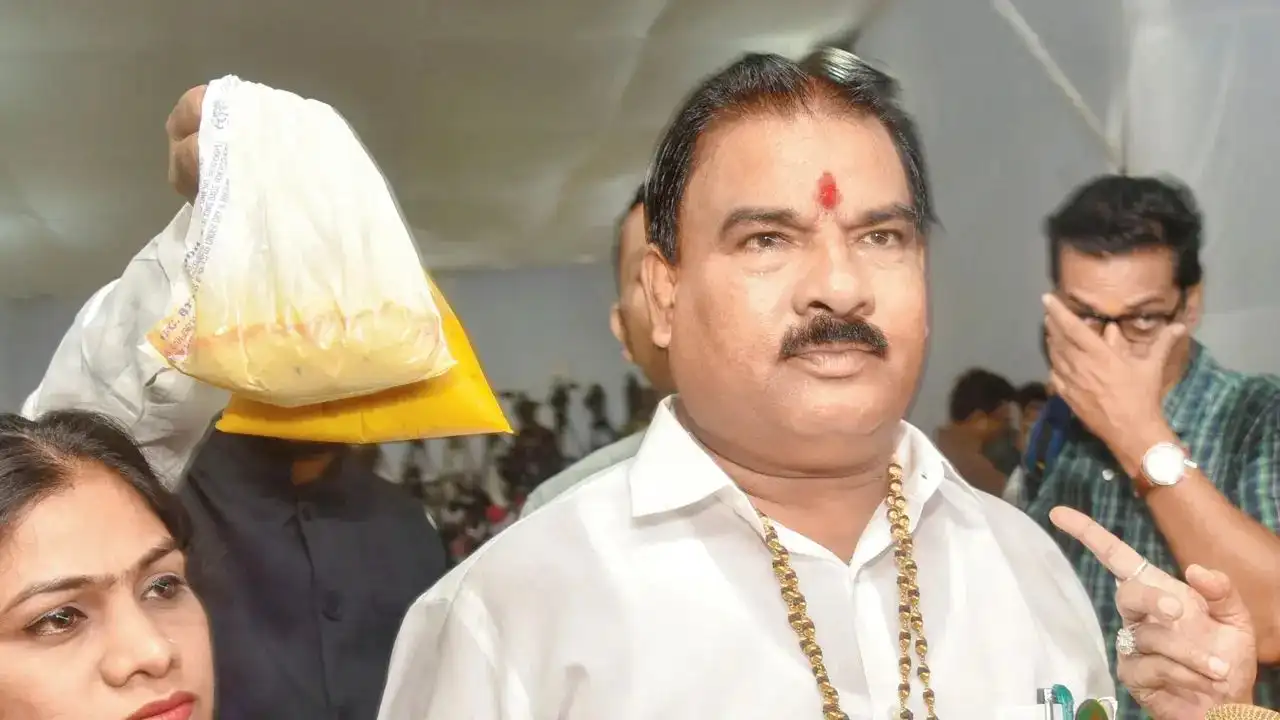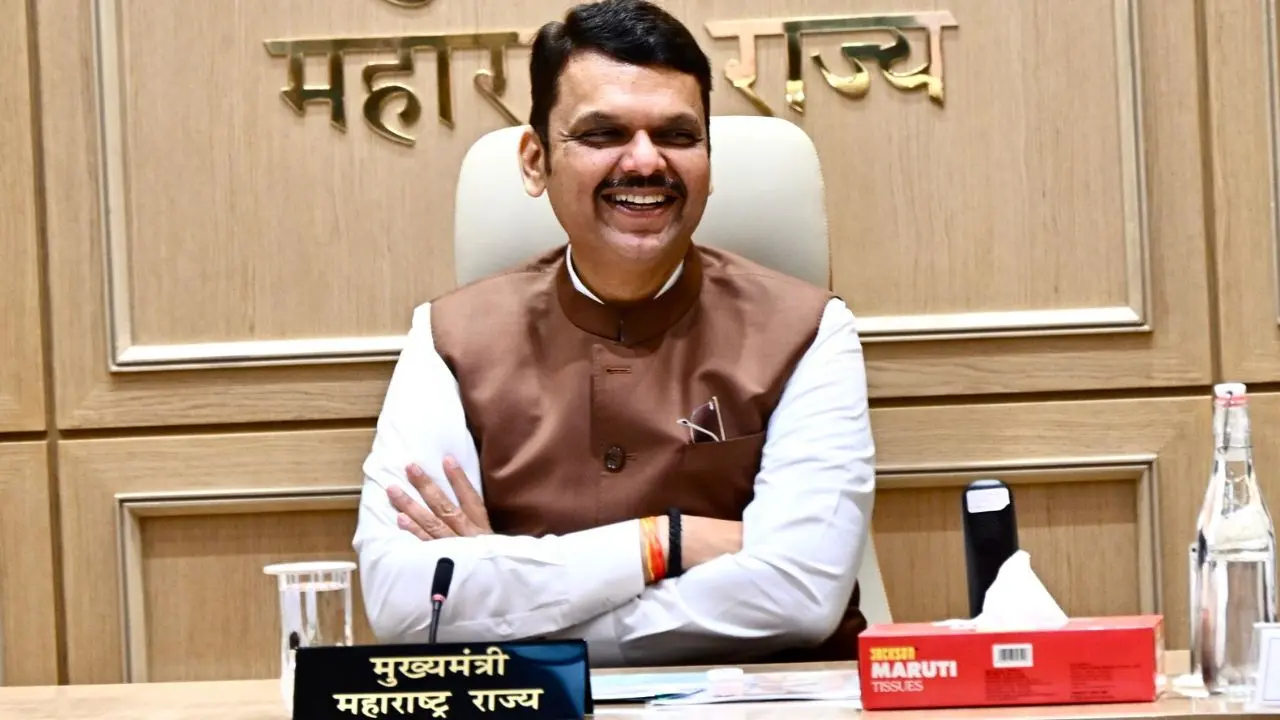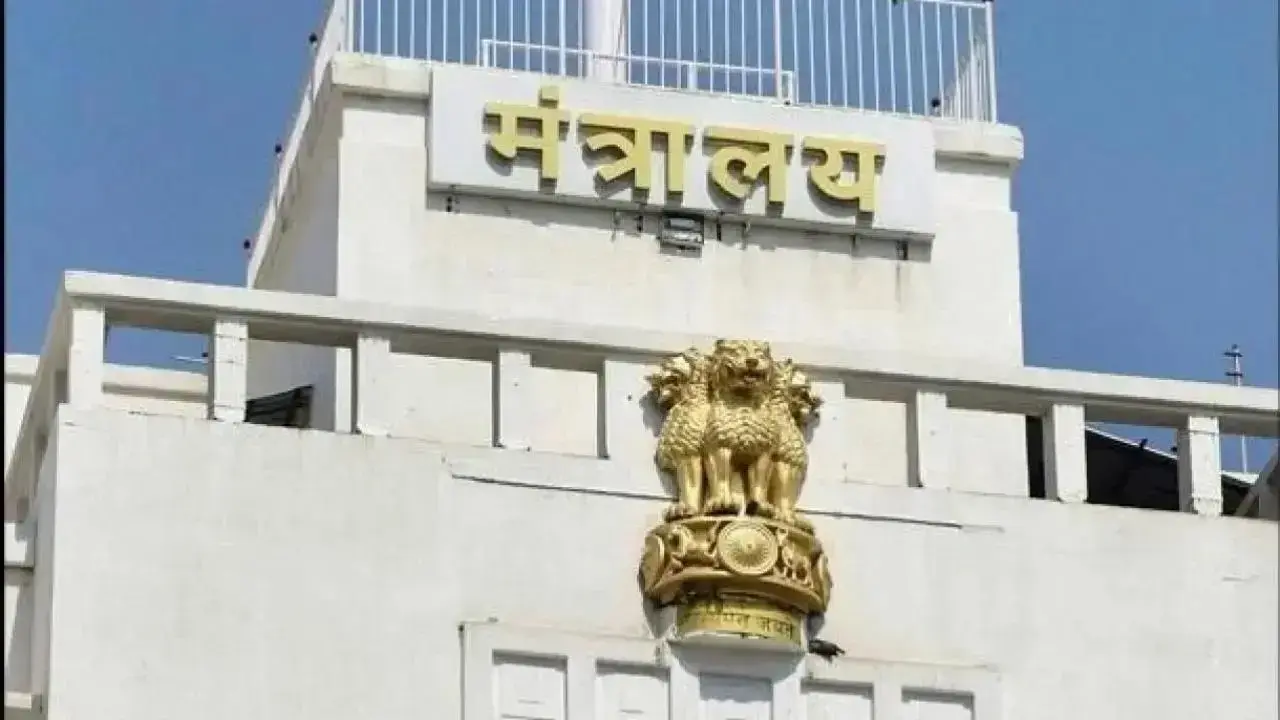The Maharashtra government on Wednesday signed a Letter of Intent (LoI) with Starlink Satellite Communications Private Limited following which CM Devendra Fadnavis said that the state has become India`s first to partner with billionaire Elon Musk`s satellite communications venture.
The state on Wednesday announced partnership with the venture in India to deploy a host of satellite-based internet services.
The government signed a Letter of Intent (LOI) with Starlink Satellite Communications Pvt Ltd.
The partnership aims to provide high-speed satellite internet connectivity to government institutions, rural communities, and key public infrastructure in districts such as Gadchiroli, Nandurbar, Dharashiv, and Washim.
The LoI was signed in the presence of Chief Minister Devendra Fadnavis and State Information Technology Minister Ashish Shelar.
In a post on X, CM Fadnavis said, “It was wonderful to welcome Lauren Dreyer, Vice President of Starlink, to Mumbai today. Maharashtra has become the first Indian state to formally collaborate with Starlink Satellite Communications Private Limited. Elon Musk’s Starlink is one of the largest companies in the ICT industry, operating the world’s biggest constellation of communication satellites. We are honoured to have Starlink partnering with Maharashtra.”
He stated that the partnership supports the Digital Maharashtra Mission and aligns with the state’s Electric Vehicle (EV), Coastal Development, and Disaster Resilience programmes.
“With this landmark decision, Maharashtra will lead India in satellite-enabled digital infrastructure. This is a giant leap towards a future-ready Maharashtra and a benchmark for Prime Minister Narendra Modi’s Digital India mission at the grassroots,” CM Fadnavis said.
The announcement comes shortly after the state cabinet approved the ‘Vision 2047’ document last week, aimed at achieving Viksit Maharashtra and contributing to Viksit Bharat 2047.
According to the government, Maharashtra aims to play a central role in India’s growth story by 2047, targeting a USD 5 trillion economy, up from its current size of over USD 530 billion. The roadmap focuses on inclusive, sustainable development driven by innovation, good governance, and empowerment.
The Vision 2047 document outlines 16 key sectors, including agriculture and allied activities, rural development, industries, services, tourism, urban growth, energy, sustainability, water, transport and logistics, education and skilling, health, welfare, governance, technology, security, and finance.
(with IANS inputs)











